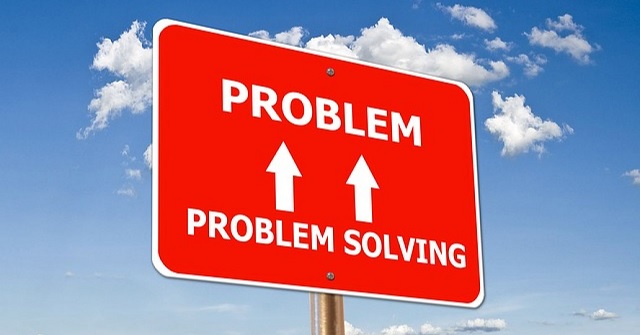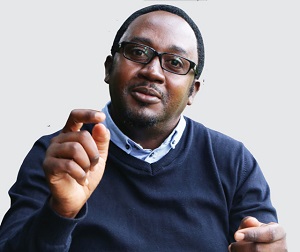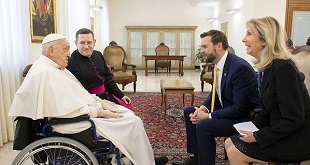
Today, many people have made careers and fame from analysing problems with very few proposing even basic solutions
COMMENT | Crispin Kaheru | In the first year of my job after university, one IT service provider nicknamed me, “Mr. Solutions”. This was because every time we had a local area network challenge at the office, I called on him to come with a toolbox of ‘solutions’ not one of just analysing the problem. So, whenever he walked into the office, my first question to him would be, if he had come up with a solution to the problem. Thus, the moniker, ‘Mr. Solutions’.
Today many people have made careers, gained fame from analysing problems. Most of the so-called analysts we see on TVs, radios, and newspapers are simply terrific at examining problems. Very few go that extra mile to propose even basic solutions. Even those who may accidentally do so, after being pressed by talk-show hosts, will share shallow, unstructured and ill-thought-out proposals. It is simply not in many people’s DNA to figure out solutions to challenges. This is our bad culture.
Let’s take the example of the recent headlines about the potholes in Kampala. The media has shone a light into the potholes in Kampala, fair enough.
Contributions from our good ‘analysts’ to this discussion in the media seem to be largely limited to the number of potholes, how deep they are and on which roads they exist.
This is also fair enough. When pressed further, the conversation will take the direction of mismanagement of resources meant to fix the roads – may be fair enough. But what solutions are being put on the table? When you look at the entire trail of the discussion about the potholes, there’s little or no suggestion around what can be done. Not even a simplistic proposal like; fill the potholes with soil! Nothing!
Last year, sections trumpeted alleged human rights violations in Uganda. Very few shared practical solutions to address the allegations. In fact, people who came out with practical proposals or attempted to act on the allegations were scorned. How ironic! Are we a society allergic to solutions?
Those who eloquently describe problems are revered way more than those who articulate solutions. It may be true that a problem well-defined is a problem half-solved; but this doesn’t mean that we spend all our time identifying or complaining about problems.
Those in leadership positions are as human as the followers. They too want to hear more of the different solution-oriented perspectives from their people; from which they can support the most viable solution. Unfortunately, rather than proposing solutions, most followers call on their leaders to fix unending problems. We are content existing as a complaining lot.
It is not that we cannot offer suggestions of solutions; we can. We’ve done it before as a country.
During the first wave of Covid-19 pandemic Ugandans of all walks came out to point their leaders on what can be done. Many lent a hand in practically solving the challenges that were at hand; some contributed relief items for the vulnerable communities, others offered their medical expertise, some turned to educating people about the pandemic, others indeed adhered to the directions of their leaders etc. The entire country was united in solving the problem that was at hand.
How can we harness that spirit for every problem there is today? We must get deliberately involved.
Rather than train our children and ourselves to be wealth creators, let’s right from the on-set inspire each other to be problem solvers. That should be the overarching goal.
Every moment that you are alive, challenge yourself to solve rather than create or be a problem in society. It is a choice we can make. Just like many seem to have chosen the latter for now.
I challenge everyone reading this piece that whenever you wake up in the morning – ask yourself, what problem are you personally going to solve today.
I imagine that you will find the answer more fulfilling than if you asked yourself what problem you are taking to someone else to solve for you.
******

Crispin Kaheru is a member of the Uganda Human Rights Commission (UHRC)
 The Independent Uganda: You get the Truth we Pay the Price
The Independent Uganda: You get the Truth we Pay the Price



